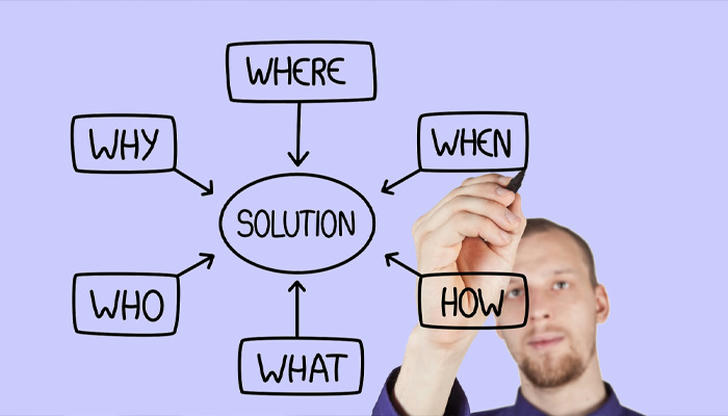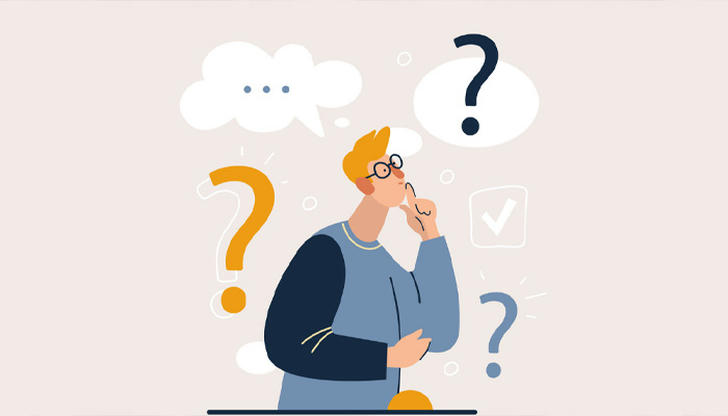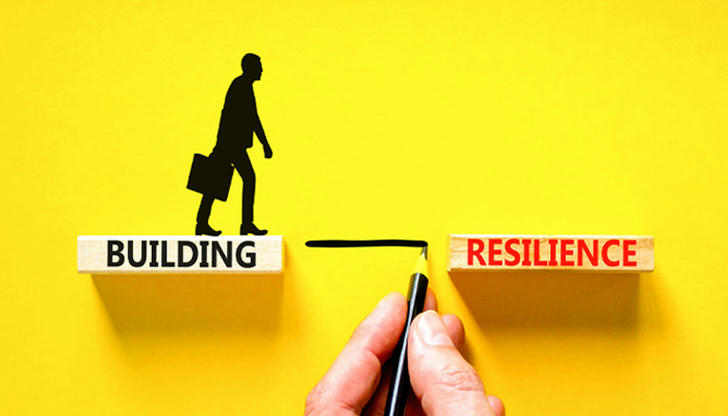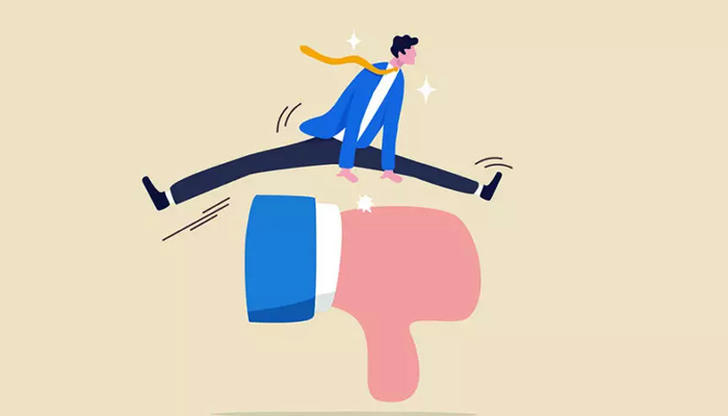Problem-Solving: Developing the Right Skills
Today, we're diving into the captivating world of problem-solving—a skill that transcends mere necessity and becomes a transformative force in every aspect of life.

Picture this: turning daunting obstacles into stepping stones, converting challenges into golden opportunities, and transforming setbacks into triumphant breakthroughs. In this session, we’ll unravel the secrets to mastering problem-solving, equipping you with the tools to approach any issue with both confidence and creativity.
Together, we’ll embark on a journey that not only enhances your ability to tackle difficulties but also turns each challenge into a powerful catalyst for personal and professional growth.

Embrace the Challenge
Imagine a world without problems—sounds like a dream come true, doesn’t it? Yet, the reality is that problems are an inescapable part of life and work. Rather than seeing them as nuisances to be avoided, it’s essential to shift your perspective and view problems as opportunities for development. Embracing the inevitability of problems is the first step toward mastering the art of problem-solving. By accepting that issues will arise, you prepare yourself mentally to tackle them head-on, thus fostering resilience and adaptability.

Analyze Before Acting
The cornerstone of effective problem-solving is thorough analysis. Before leaping to potential solutions, take the time to dissect the problem meticulously. Ask yourself probing questions such as: What triggered this issue? What are its underlying causes? Can the problem be deconstructed into smaller, more manageable components? This analytical approach helps you to gain a comprehensive understanding of the issue at hand. By breaking down the problem into its constituent parts, you pave the way for more targeted and effective solutions.

Think Critically
Once you’ve analyzed the problem, it’s time to employ critical thinking—the next essential tool in your problem-solving arsenal. Critical thinking involves discerning how various events and outcomes are interlinked. It’s about delving deep into information, recognizing patterns, and unraveling complex cause-and-effect chains. Strengthening your critical thinking skills enables you to tackle problems in a systematic and efficient manner. By understanding the broader context and relationships, you become adept at navigating the intricacies of various challenges.

Get Creative
With a clear understanding of the problem, the next step is to embrace creativity. Resist the urge to latch onto the first solution that comes to mind. Instead, adopt a mindset that encourages exploration and innovation. Look at the problem from diverse angles and ask open-ended questions that prompt imaginative thinking. Creativity is about stepping beyond conventional thought patterns and discovering novel solutions. As Albert Einstein famously remarked, “You can’t solve a problem with the same kind of thinking that created it.” By embracing creative thinking, you break free from cognitive ruts and open doors to fresh, inventive solutions.

Build Resilience
Even with robust analysis and creativity, problem-solving often involves a degree of trial and error. Here, resilience becomes a crucial asset. Resilience is the quality that allows you to persist through difficulties and setbacks with unwavering determination. It’s about maintaining composure under pressure and continuing to strive toward a solution, even when the path is fraught with challenges. Think of a tech support representative who remains unflappable despite repeated failures—resilience is the driving force behind their persistence. As a problem solver, cultivating resilience enables you to adapt and overcome obstacles, transforming adversity into opportunity.

Collaborate Effectively
In the realm of problem-solving, collaboration is not just beneficial; it’s essential. Most problems are addressed more effectively through teamwork. Effective collaboration involves clear and empathetic communication, active listening, and a high degree of emotional intelligence. When working with others, it’s important to understand their perspectives and emotions, especially when problems arise. Effective communicators and emotionally intelligent collaborators can navigate tensions and conflicts, turning potential obstacles into productive discussions. This collaborative approach enhances problem-solving outcomes and fosters a cooperative environment.

Make Decisive Moves
Finally, the ability to make decisions is paramount. One common pitfall in problem-solving is “analysis paralysis,” where overthinking or a lack of confidence stymies progress. To move past this, it’s crucial to be decisive. Commit to the best possible solution based on the information at hand, or, if working in a group, help to build consensus around the optimal course of action. Even if a decision doesn’t yield the desired result, it provides valuable learning experiences and insights. Being decisive means taking action and continuously learning, rather than being bogged down by indecision.

Practice and Improve
Mastering problem-solving skills—analysis, critical thinking, creativity, resilience, collaboration, and decision-making—requires ongoing practice and refinement. These skills are not static but evolve with experience and effort. Applying these skills to real-life scenarios will help you tackle even the most challenging problems with confidence. Keep honing these essential skills and stay committed to continuous learning and growth. With each challenge you face, you build a stronger, more capable you. So, as you continue to develop these skills, remember that the journey of problem-solving is one of continual improvement and transformation.
